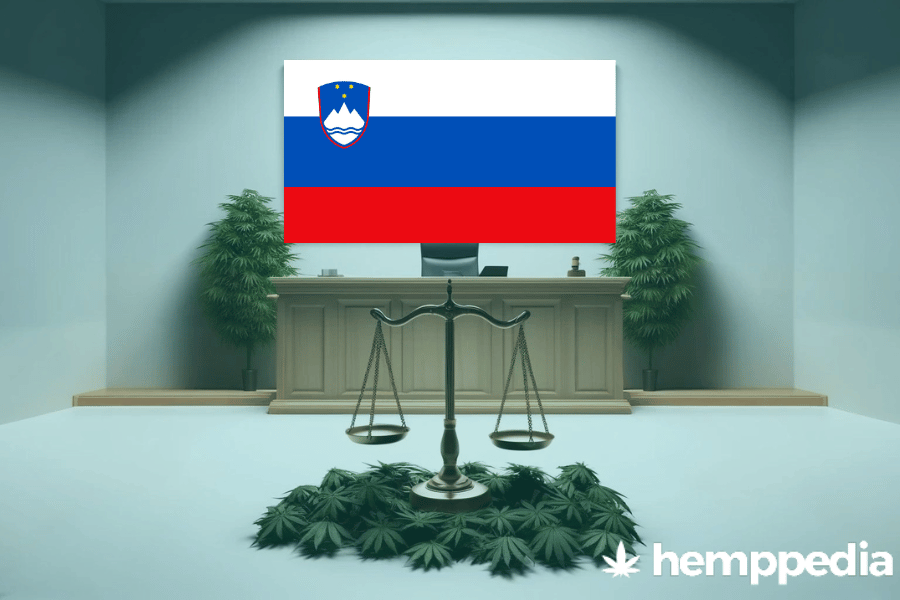TL;DR
For those looking for a quick read: in Slovenia, CBD is legal under specific conditions. The cultivation of industrial hemp containing up to 0.2% THC is allowed, and the production and sale of CBD products, which do not have narcotic effects, are permitted. However, any products containing higher THC levels fall under the category of illicit drugs, thereby making them illegal.
| Aspect | Status |
|---|---|
| Usage | Legal |
| Possession Limit | No official limit stated for CBD, but THC content must remain under 0.2% |
| Distinction from THC-containing products | Categorized as non-narcotic, versus THC products which are classified as illicit drugs |
Overview of CBD Legislation
Key terms
- CBD : Cannabidiol, a non-psychoactive compound derived from the cannabis plant.
- Hemp vs Marijuana : Hemp typically contains higher amounts of CBD and lower amounts of THC, as opposed to marijuana.
- THC content : The amount of tetrahydrocannabinol, the psychoactive ingredient in cannabis.
- Full Spectrum vs Isolate: Full spectrum CBD products contain all the cannabinoids naturally occurring in the plant, including THC; while CBD isolate is a pure, isolated CBD compound.
Regulatory Bodies
The Slovenian Ministry of Health and the Office for Drugs and Medical Devices regulate CBD and its corresponding laws in Slovenia.
Conditions and Restrictions
In Slovenia, CBD products are allowed to be sold and consumed as long as they are derived from industrial hemp with a THC content of less than 0.2%.
Historical Context
Slovenia historically had a strict stance on cannabis and its derivatives. However, the government decriminalized all drugs in 2012, adopting a health-oriented approach to drug users. Cannabis and CBD, specifically, began to see progressive changes in legislation later in 2014.
Possession, Use, Cultivation and Sales
The possession of CBD products is legal in Slovenia as long as the THC content is under 0.2%. These products can be legally bought and sold in a variety of outlets such as specialized stores, pharmacies, and online shops. As for cultivation, the growing of industrial hemp strains with levels up to 0.2% THC is allowed.
Enforcement and Penalties
Violations for producing higher THC content are subject to fines and potential criminal charges.
Comparative Analysis
Unlike some countries in Europe, which have stricter regulations or outright bans on CBD, Slovenia has adopted a more lenient and progressive stance towards this cannabis derivative.
Conclusion
In summary, CBD is legal in Slovenia, provided it complies with specified THC restrictions. The country has adopted a progressive approach towards CBD, making it one of the more lenient jurisdictions in Europe.





